Tuesday, October 13, 2009
Julie Vickery -- Front Up to a Civil Emergency
Q –In February 2004 the lower island in Manawatu, New Zealand suffered extensive flooding. As charge nurse for the Mid Central Health District’s Nursing Service what was your greatest challenge during this time?
Julie: My biggest challenge was to keep track of the huge volume of information coming in and going out regarding patients, the constantly changing environmental factors (access to flooded areas etc) /staff issues of availability, resources, and of course relaying pertinent information back to the communications centre. The coordination of services was magnified dramatically from our normal day to day processes and this in combination with supporting stressed patients and staff was both stimulating and exhausting all at once!
Q - Is nursing your first career? Why did you choose nursing? What are some of the types of nursing you have done?
Julie: Nursing although a childhood plan, was something I came to after having my children. Due to a change in circumstances I started my nursing degree when my youngest child was 3-years- old. I had previously been very involved for nine years with voluntary work with the New Zealand Playcentre movement. This is an early childhood education service in which parents take to lead role in teaching and supervision. To date my nursing career began with a solid grounding in rehabilitation nursing . Having ‘done my time’ as an inpatient nurse, I was excited to move into the community as a District Nurse, where I remain passionately committed to home centred care.
Q –Have you other stories/articles published besides, Fronting Up to a Civil Emergency? Do you have plans to further your work as a writer?
Julie: Not at this time, I hadn’t really thought that this was something that I might be any good at! I do have strong ideals about the importance of the nursing voice however and feel that nurses need to talk more about their ‘ordinary’ work so that the public can understand and value the nuances of developing a therapeutic partnership and the knowledge, skill and courage of complex decision making that goes into daily patient care.
Q – What did you learn from this disaster experience that might be applied to other sorts of disasters as well? Did any changes occur in your emergency management protocol as a result of this emergency?
Julie: Changes were made at both at service level and across the District Health board. As a service we reviewed our assessment data to include a hazard identification process and decision making tool on the front of our documentation. This has clarified some of the day to day issues of home visiting and the challenges that can present in this modern and at times uncertain world. We have also instigated GPS in the rural , night and evening cars, and after dark have two staff travel together ( a care assistant who acts as driver and support person for the night nurse) Our night staff work from the central city base and over our whole region, therefore clocking up anything up to 250km overnight as they see IV therapy/hospital-in-the-home patients, manage catheter call outs, care for palliative patients etc. In the DHB our service was flagged for the need to provide accurate information to , and also our expertise in community knowledge, and flexibility to and assess community patients who might otherwise be isolated.
Q – What is next for JulieVickery?
At present the charge nurse role continues to grow and change and I am busier than ever. I would very much like to complete my Master’s thesis, in the area of the primary/ secondary interface and the smooth continuation of the patient journey as thy move between these aspects of health care. From my reading and experience this seems to be a world-wide challenge! In the meantime, I work within the wider MidCentral health service liaising with both hospital and primary care services to further improve this aspect of patient care in our region. It has been a long held desire to commit to working as a volunteer overseas once all my family are independent. Surely my nursing skills and experience could be of use somewhere to support the setting up of developing of community health care for those with limited access and resources! I am a firm believer that when challenges arise we are equipped to take it up and learn the lessons that are presented so we can continue to grow and learn person.
Julie: My biggest challenge was to keep track of the huge volume of information coming in and going out regarding patients, the constantly changing environmental factors (access to flooded areas etc) /staff issues of availability, resources, and of course relaying pertinent information back to the communications centre. The coordination of services was magnified dramatically from our normal day to day processes and this in combination with supporting stressed patients and staff was both stimulating and exhausting all at once!
Q - Is nursing your first career? Why did you choose nursing? What are some of the types of nursing you have done?
Julie: Nursing although a childhood plan, was something I came to after having my children. Due to a change in circumstances I started my nursing degree when my youngest child was 3-years- old. I had previously been very involved for nine years with voluntary work with the New Zealand Playcentre movement. This is an early childhood education service in which parents take to lead role in teaching and supervision. To date my nursing career began with a solid grounding in rehabilitation nursing . Having ‘done my time’ as an inpatient nurse, I was excited to move into the community as a District Nurse, where I remain passionately committed to home centred care.
Q –Have you other stories/articles published besides, Fronting Up to a Civil Emergency? Do you have plans to further your work as a writer?
Julie: Not at this time, I hadn’t really thought that this was something that I might be any good at! I do have strong ideals about the importance of the nursing voice however and feel that nurses need to talk more about their ‘ordinary’ work so that the public can understand and value the nuances of developing a therapeutic partnership and the knowledge, skill and courage of complex decision making that goes into daily patient care.
Q – What did you learn from this disaster experience that might be applied to other sorts of disasters as well? Did any changes occur in your emergency management protocol as a result of this emergency?
Julie: Changes were made at both at service level and across the District Health board. As a service we reviewed our assessment data to include a hazard identification process and decision making tool on the front of our documentation. This has clarified some of the day to day issues of home visiting and the challenges that can present in this modern and at times uncertain world. We have also instigated GPS in the rural , night and evening cars, and after dark have two staff travel together ( a care assistant who acts as driver and support person for the night nurse) Our night staff work from the central city base and over our whole region, therefore clocking up anything up to 250km overnight as they see IV therapy/hospital-in-the-home patients, manage catheter call outs, care for palliative patients etc. In the DHB our service was flagged for the need to provide accurate information to , and also our expertise in community knowledge, and flexibility to and assess community patients who might otherwise be isolated.
Q – What is next for JulieVickery?
At present the charge nurse role continues to grow and change and I am busier than ever. I would very much like to complete my Master’s thesis, in the area of the primary/ secondary interface and the smooth continuation of the patient journey as thy move between these aspects of health care. From my reading and experience this seems to be a world-wide challenge! In the meantime, I work within the wider MidCentral health service liaising with both hospital and primary care services to further improve this aspect of patient care in our region. It has been a long held desire to commit to working as a volunteer overseas once all my family are independent. Surely my nursing skills and experience could be of use somewhere to support the setting up of developing of community health care for those with limited access and resources! I am a firm believer that when challenges arise we are equipped to take it up and learn the lessons that are presented so we can continue to grow and learn person.
Subscribe to:
Post Comments (Atom)
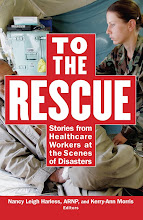
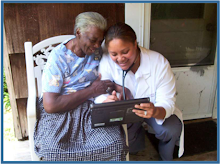









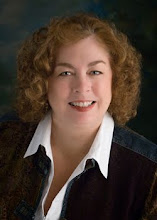

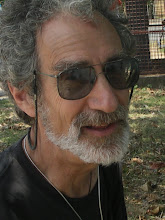
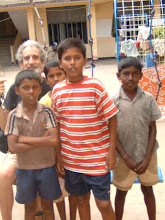


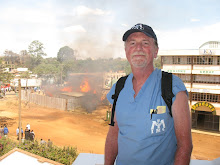


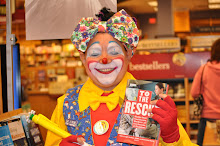








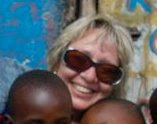


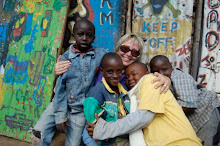






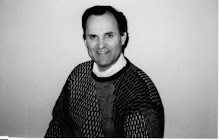

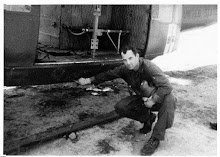




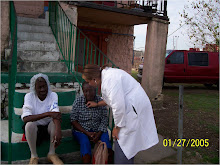
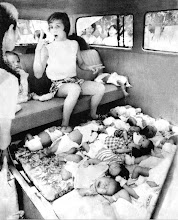

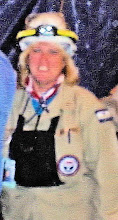



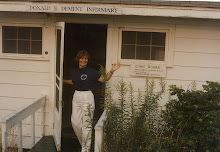




No comments:
Post a Comment